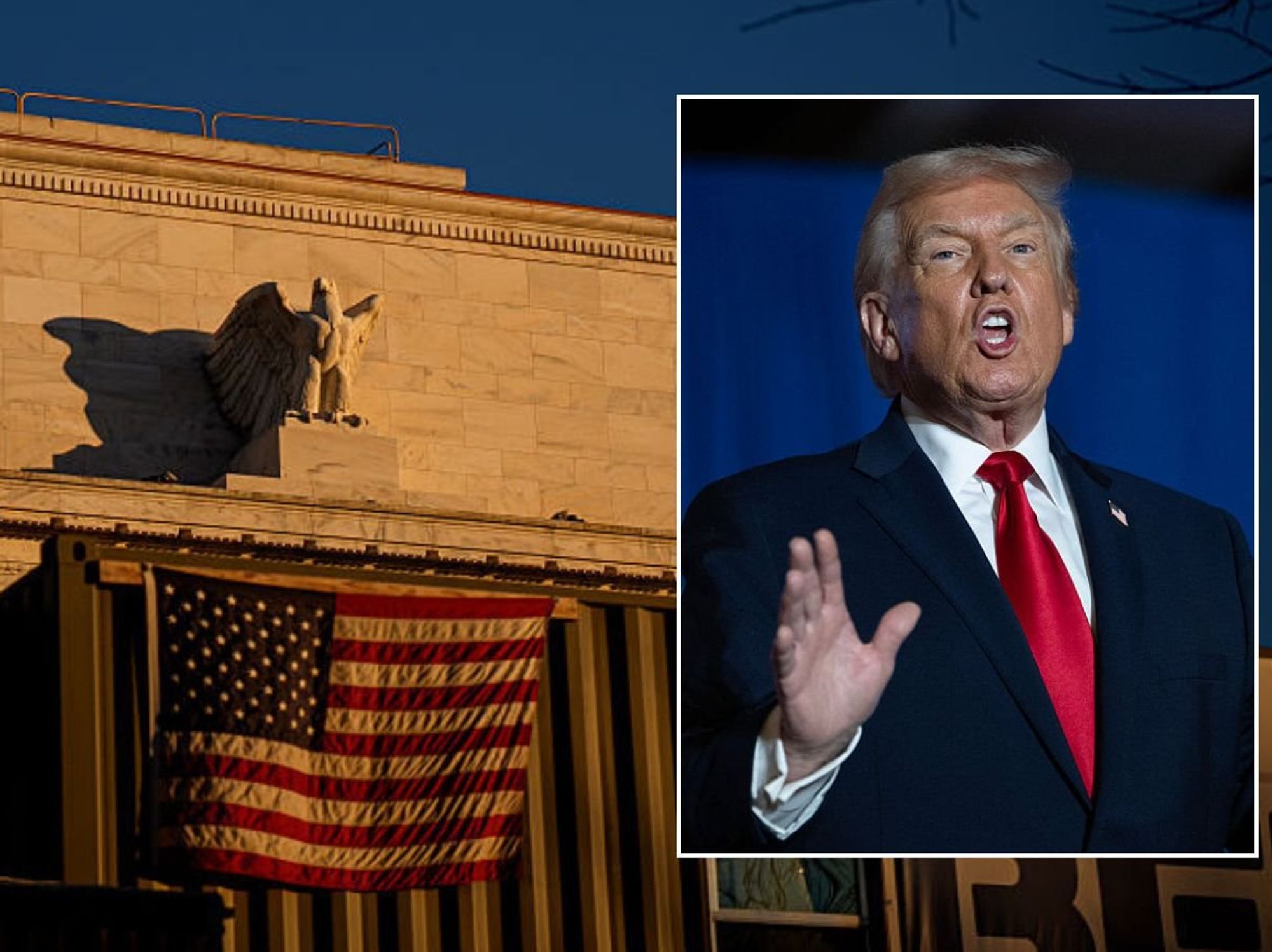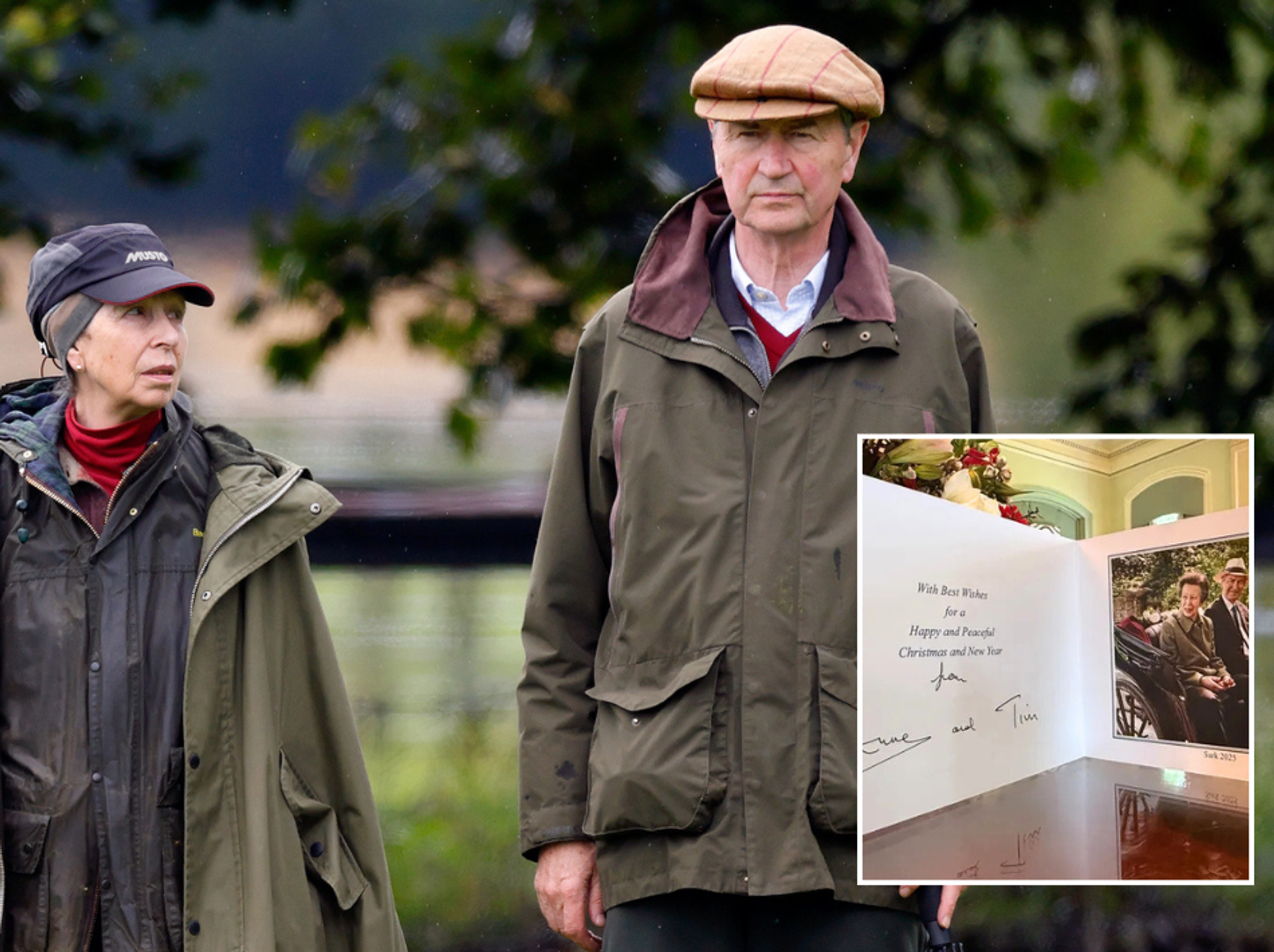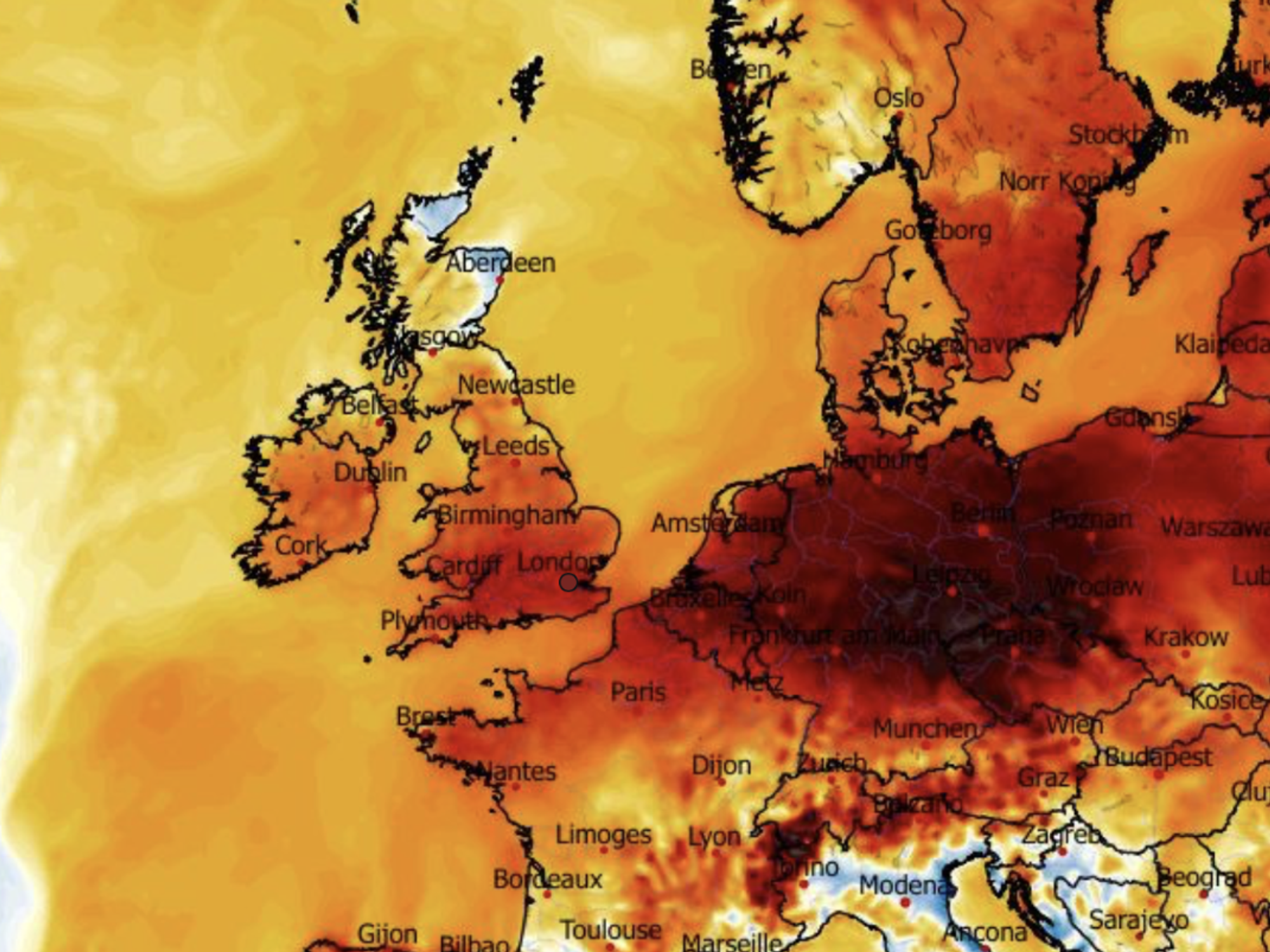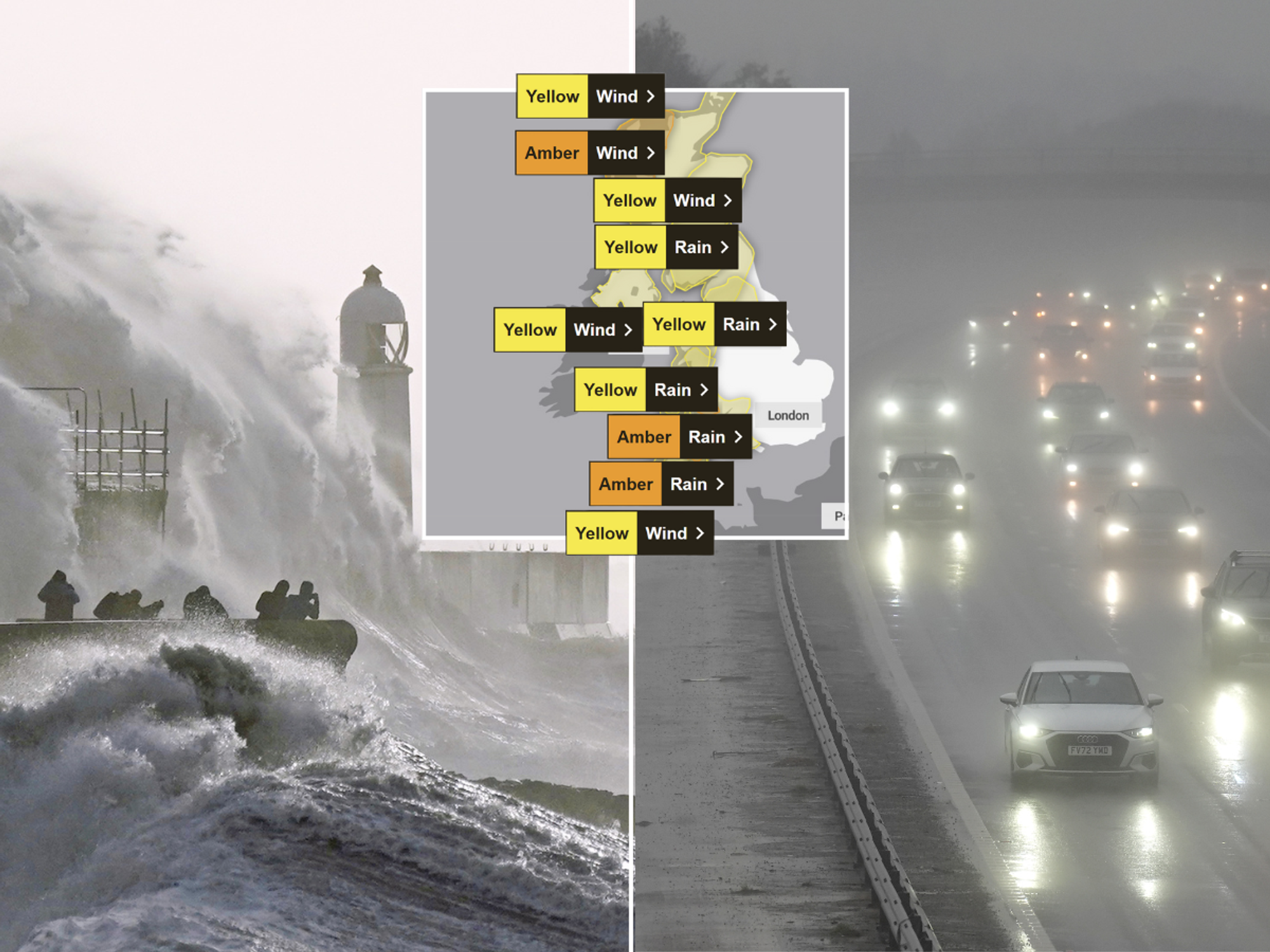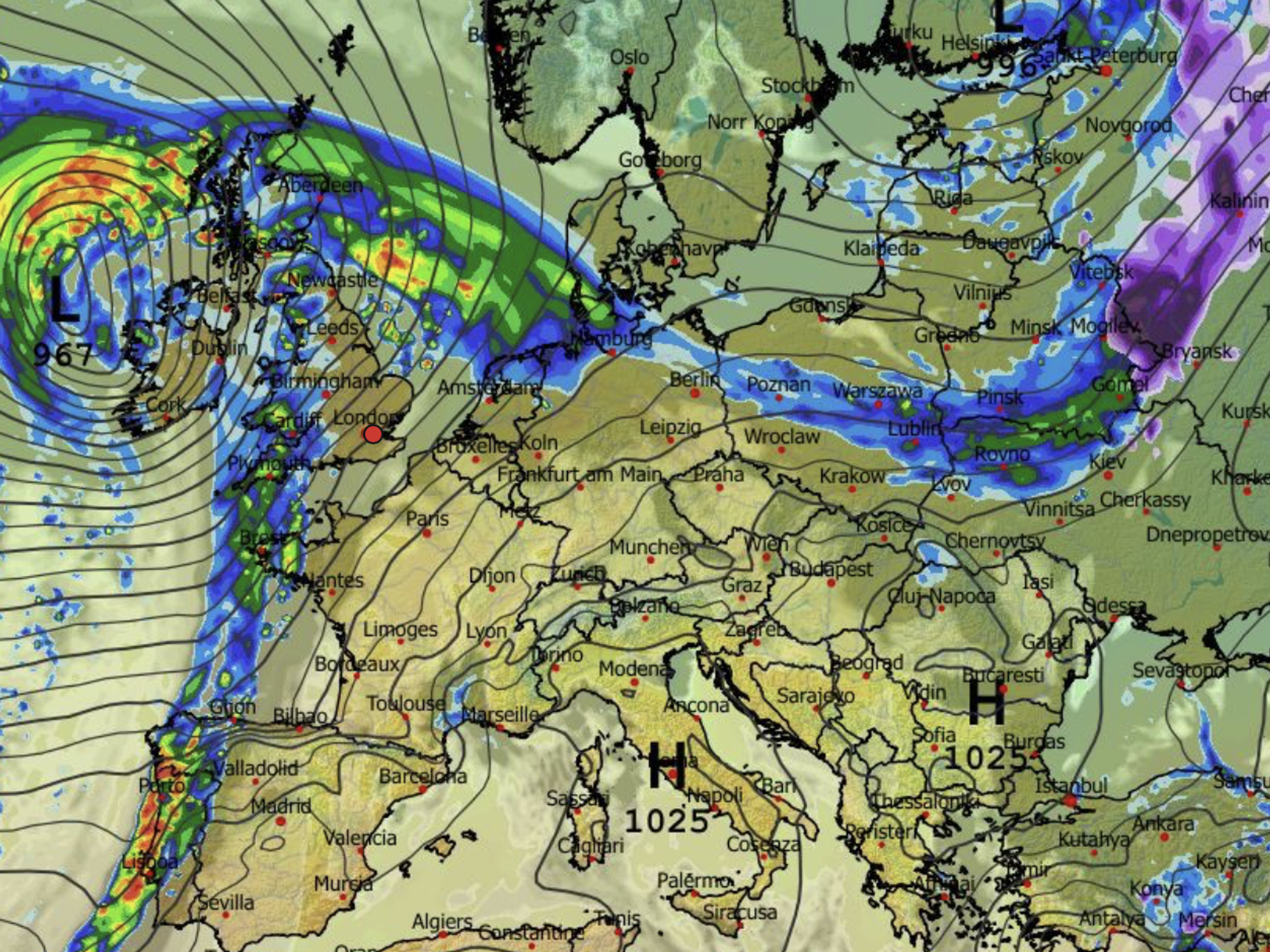Fishing row: UK will not ‘roll over’ in dispute with French, says Foreign Secretary

The UK will not “roll over” in the face of “unreasonable” threats from France, Foreign Secretary Liz Truss said. | Leon Neal
French officials have warned they will block UK fishing boats from some ports unless more fishing licences are granted.
Don't Miss
Most Read
The UK will not “roll over” in the face of “unreasonable” threats from French president Emmanuel Macron over the post-Brexit fishing row, Foreign Secretary Liz Truss said.
Mr Macron has warned that unless Britain made a “significant move” to ease the dispute over licences to fish in British waters, Paris would introduce more stringent port and border checks from Tuesday.
Ms Truss said the UK would respond by triggering dispute resolution measures in the Brexit trade deal to seek “compensatory measures” if Mr Macron’s administration carries out its threats.
The fishing row adds to the tensions around UK-European Union relations, with the dispute over the Brexit deal’s Northern Ireland Protocol also causing a diplomatic row with Brussels.
The dispute with France was triggered by decisions made by the authorities in the UK and Jersey over licences for small French boats to operate in British waters, with officials arguing permission can only be given to vessels which can demonstrate a history of fishing there.
French officials have warned they will bar UK fishing boats from some ports and tighten customs checks on lorries entering the country unless more licences are granted.
Mr Macron, who held talks with Boris Johnson at the G20 summit in Rome on Sunday and was welcomed to the Cop26 climate change conference by the Prime Minister in Glasgow on Monday, said the ball is in the UK’s court.
“If the British don’t do any significant move, measures starting from November 2 will need to be implemented,” he warned on Sunday.
But Ms Truss told BBC Radio 4’s Today programme: “Those threats are completely unwarranted. We allocated the fishing licences completely in line with what is in the trade agreement with the EU and the French need to withdraw those threats.
“Otherwise we will use the dispute resolution mechanism in the EU deal to take action.”
She added: “We are simply not going to roll over in the face of these threats.”
Ms Truss suggested Mr Macron’s hardline stance was motivated by domestic political concerns.
She told Sky News: “You might say there’s a French election coming up.”
The Foreign Secretary said the French had made “unreasonable threats” and the UK would take legal action “if the French don’t back down”.
“This issue needs to be resolved in the next 48 hours,” she added.
A No 10 spokesman declined to set out whether there are contingency plans if France carries out its threats, or at what time it understands the French deadline will fall on Tuesday.
Meanwhile, discussions are due to continue in Brussels between UK and EU teams this week as they aim to find a solution to the disruption being caused by the Northern Ireland Protocol, designed as part of the Brexit deal to avoid a hard border in Ireland.
Brexit minister Lord Frost and European Commission vice-president Marcos Sefcovic are due to meet face-to-face on Friday to check-in on what progress has been made, with the politicians likely to discuss fishing once again.
Mr Sefcovic, writing in the Daily Telegraph, said he feared Britain was embarking on a “path of confrontation” in its refusal to back down on its stance that the European Court of Justice should not have an arbitration role in the protocol.
He said the EU had “gone the extra mile” with its own reform proposals but that the bloc had “limits”.
But Lord Frost, writing for the Policy Exchange think tank, said the EU had “destroyed cross-community consent” with an “overly strict” enforcement of the Northern Ireland Protocol.
He condemned the European Union for behaving “without regard to the huge political, economic and identity sensitivities” in Northern Ireland.
The protocol is the mechanism to avoid a hard border with Ireland by effectively keeping Northern Ireland within the EU’s single market for goods, an arrangement which has led to checks on products crossing the Irish Sea from Great Britain.






